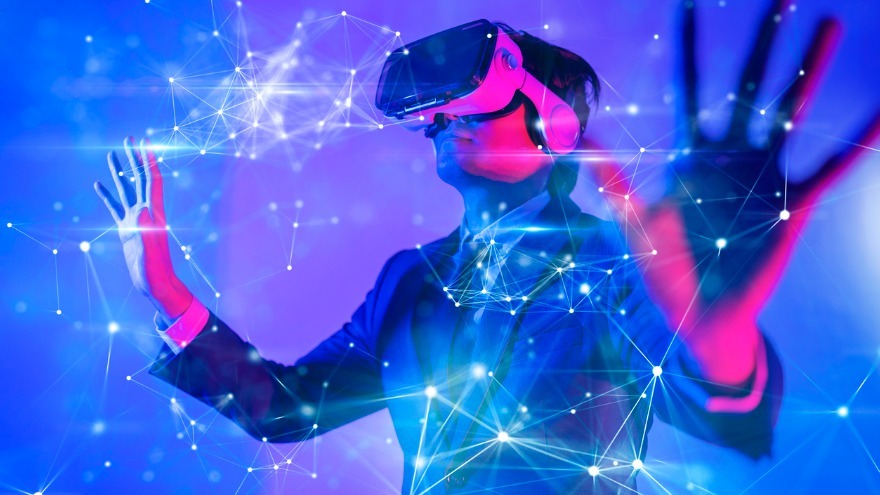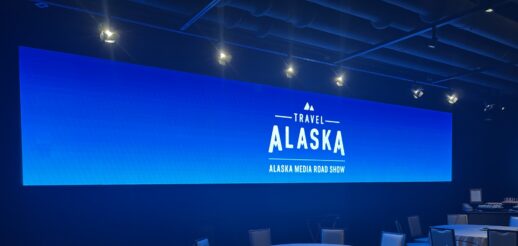Hint: Not anytime soon. metaverse
Since Facebook changed its name to Meta, you can’t escape media coverage on the metaverse. It’s the Next Big Thing in tech.
In case you don’t already know, the metaverse is a digital construct that mirrors the real world. Using a VR headset, you can enter a digital room that looks like a real room, where your avatar will interact with other avatars representing other real people. If you ask Mark Zuckerberg, we’ll all be working in the metaverse shortly. He may already be there.
All the media coverage has meeting and events pros wondering what the metaverse means for their world. Will physical events move to the metaverse? Should they cancel that site visit to Vegas?

The answers, respectively, are not for a long time, and definitely not. I’m the founder of a company that specializes in online video events, and I’m still viewing the metaverse with a lot of skepticism.
For almost two years, most of the world has been working remotely. Employers have implemented all kinds of technology such as video conferencing and Slack, to the point where we are constantly connected—possibly more so than we worked in individual cubicles and offices at our headquarters location, sometimes going hours or even the whole day without a physical interaction with anyone else.
As a result of all that, screen fatigue is real, and people need the occasional break. The metaverse will exacerbate screen fatigue in a big way. It relies on VR technology, which lets you completely immerse yourself in a digital world. To me, this seems overly intrusive. Are you giving your staff the option to work remotely or not? VR/metaverse solutions seem like a means to put staff back in that office box, defeating the purpose of giving them a choice in the first place.
I believe Augmented Reality (AR) is more realistic. A step below VR, AR lets you place digital objects around yourself in the real world—think Pokémon Go. Using AR in a meeting from home or wherever they are working, employees could project keyboards, lights, whiteboards and other tech accessories they need at any time. They could feel they are in a meeting with others, but after that meeting they can be back in their own workspace. This would be the more palatable experience for the majority of employees, especially non-technical employees.
The same applies to events. Imagine attending a trade show online, from home. Do you want to be immersed in the show floor in Vegas for hours on end, wearing a headset, or pick and choose which virtual booths to enter? I think the majority of attendees would pick the latter.
We learned during COVID that employees want control over where they work. Forcing them into the Matrix for meetings seems like a giant step back.
I can definitely see applications for the Metaverse right now for immersive experiences, such as concerts, travel or a show. Events that provide an escape from reality are more suited to the metaverse than a business meeting. There are companies that enable this today.
So for now, keep that site visit to Vegas, and be prepared to host in-person events for a few more years.
Gilles Bertaux is co-founder and CEO of Livestorm




